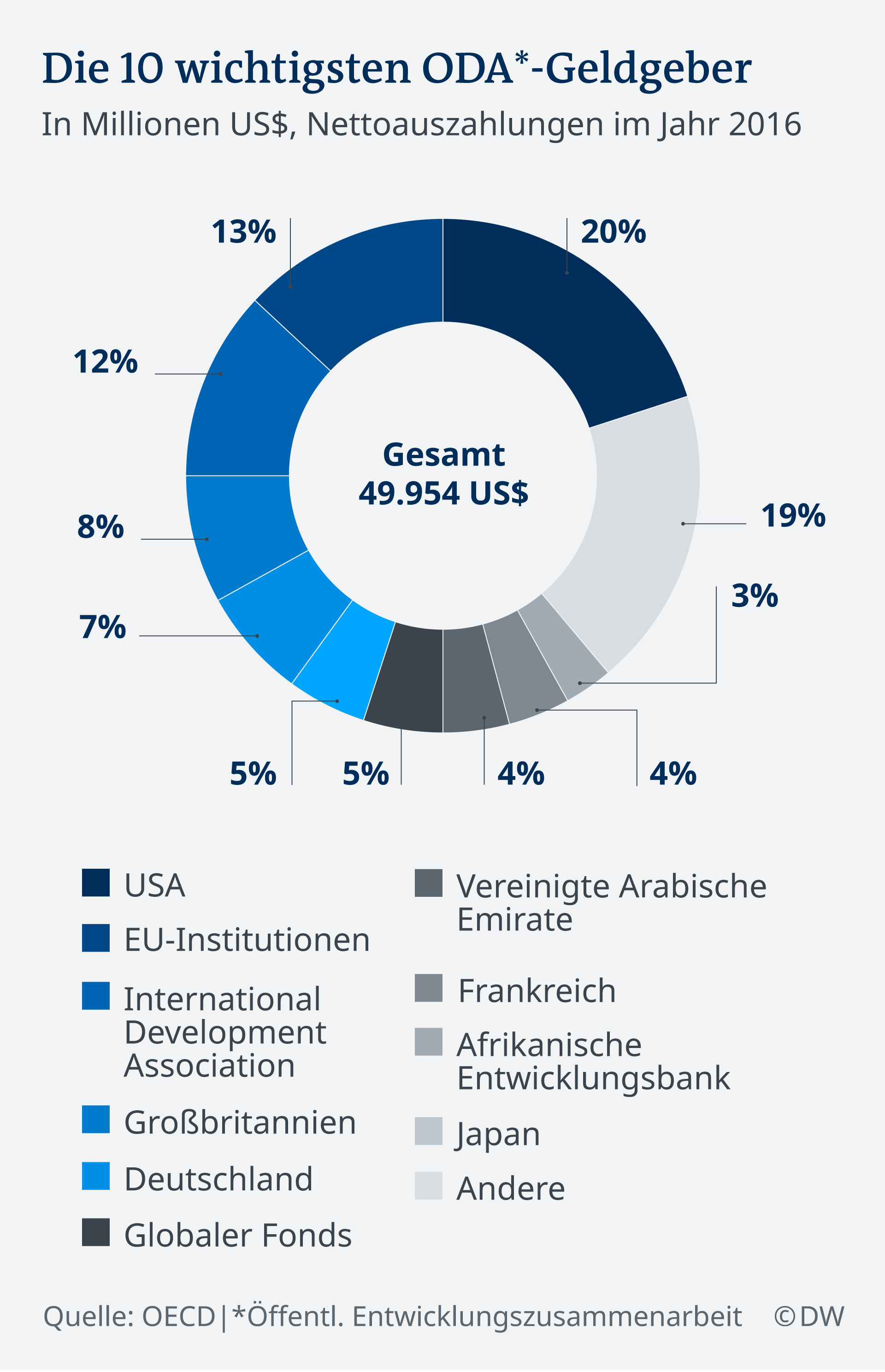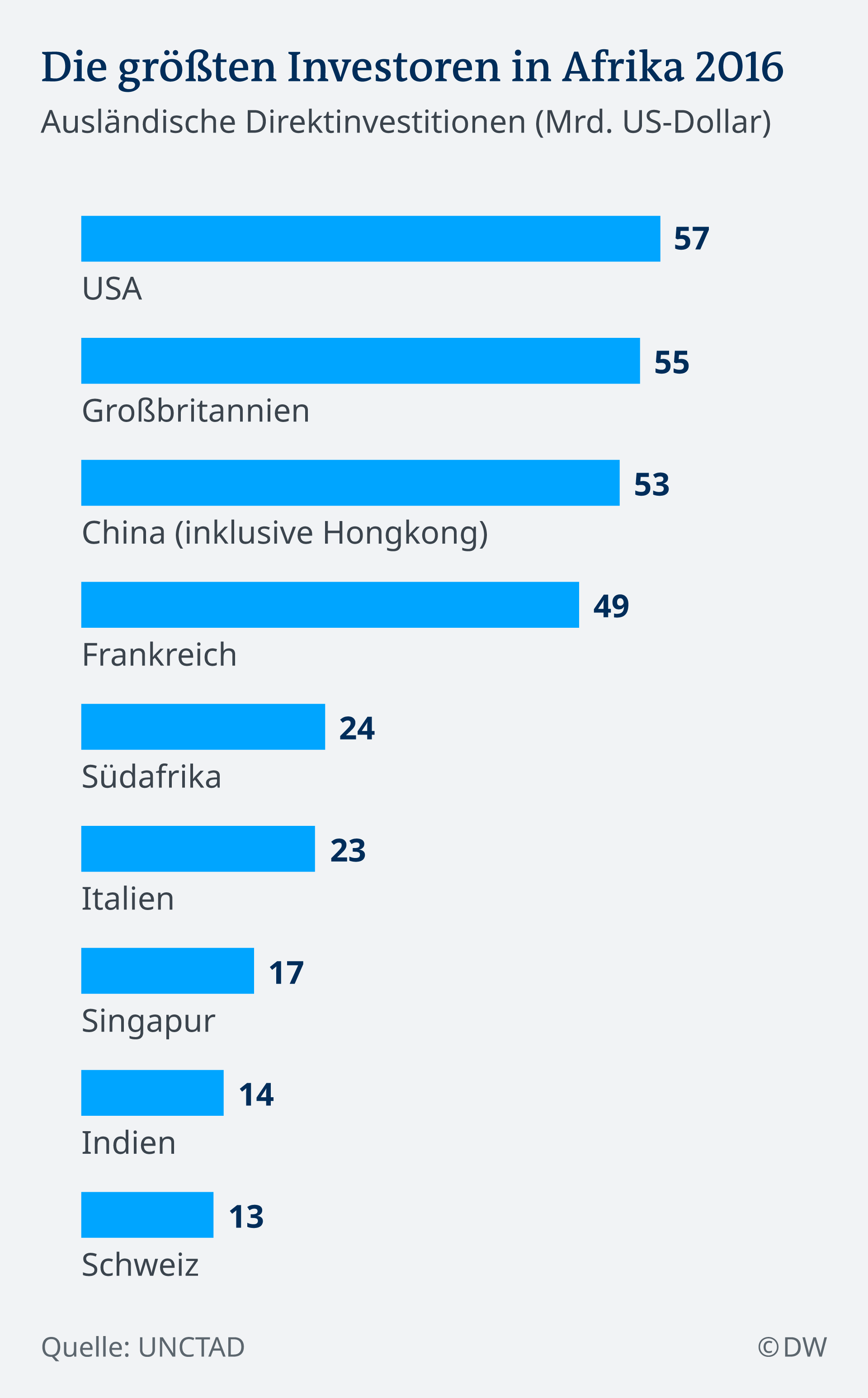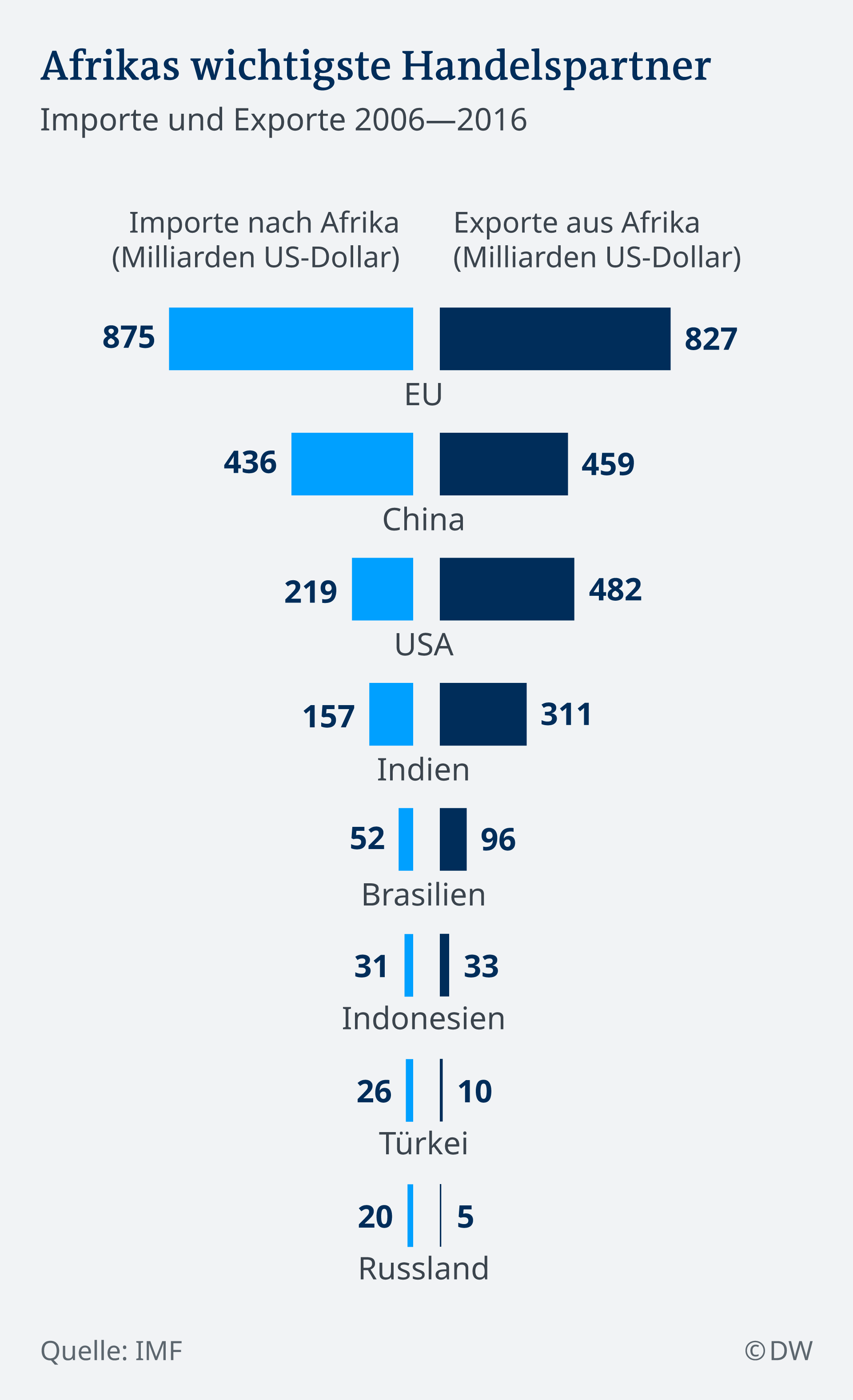At the US-Africa business summit, stakeholders from both sides will meet to talk about future business. Africa’s political Elite is well represented. But the US is less ambitious.

It is the Top Event for the economic relations between Africa and the United States: For the US-Africa Business Summit that begins today in Mozambique’s capital, Maputo, have announced twelve heads of state and government, among them the presidents of Namibia, Zimbabwe, Guinea-Bissau and Malawi. President Paul Kagame of Rwanda and Kenya’s President Uhuru Kenyatta are also among the speakers of the summit. The leadership of the African politicians shows its presence, when it comes to economic issues, to have a say.
Is aligned to the summit every two years by the U.S. Corporate Council on Africa (CCA), a trade Association of the U.S. economy. Under the Motto “promoting a resilient and sustainable partnership” are supposed to be, according to the organizers, strategies, visions and initiatives for the promotion of business and investment will be discussed. In the focus themes of the agri – economy, energy, health, and infrastructure and financial aspects. More than 1,000 managers in the private sector in the United States and Africa, international investors, government representatives, and multilateral stakeholders to participate. The event follows on from previous summits in Washington in 2017, and Addis Ababa in 2016. However, the U.S. government will be represented, despite the Large array of African leaders, only poor. The Deputy us trade Minister Karen Dunn Kelley will represent as the highest-ranking member of the government, the American economic power.

Africa has a lot to offer – but America wants access to it at all?
Weak diplomacy of great interest?
“It was unlikely that President Trump would ever participate in such an event,” says Judd Devermont, Africa Director of the think tank Center for Strategic and International Studies in Washington, D.C. “He has personally done very little when it comes to Africa. He has so far located only two African heads of state from sub-Saharan Africa in the Oval Office.” The more important question is for Devermont, why not a Cabinet is expected to be a member to this event: “This is disappointing.”
However, this is not a sign of America’s economic interest, said Devermont. He refers to a representation of the US Advisor for National security and former U.S. Ambassador to the United Nations, John Bolton. “According to Ambassador Bolton, the announced US strategy aims to Africa to increase trade and investment, combating terrorism and to the pursuit of stability,” explains Devermont. In addition, the American authority, the focus is on trade and development on “a journey to independence: you do not want to create in these markets in sub-Saharan Africa resilience and support the private sector so that they are of American development – or humanitarian aid-dependent.”
Read also: Who is to blame for Africa’s debt crisis?

Unpredictable Foreign Policy
Philipp Gieg, political scientist at the University of Würzburg, holds the US-American foreign policy in Africa, in spite of such rhetoric can be unpredictable. “The foreign trade of the United States, Africa currently accounts for only 1.5 per cent. Africa has for Americans in comparison to European and Asian countries are not of great importance, and was, therefore, never really on their Radar.” However, there have been positive developments. “For example, the African Growth and Opportunity Act AGOA: The Americans have given to the Africans Customs facilitation, there was economic initiatives, which had quite a success.” What is lacking is the impetus behind the US-Africa policy, Gieg. “You see, that in the Ministry of foreign Affairs for Africa competent Post was one and a half years vacant. If no one is in the Ministry of foreign Affairs specifically for Africa, the major focus is not there.”

However, the United States is important for Africa, so Gieg. “Now that the African free trade zone is to come, you can see that the intra-African trade with only 15 per cent is simply disastrous. Therefore, the external actors from an African point of view, of course, are much more important.” Here, it is a direct investment – and here the USA is the leader: “This means that American companies are shopping there, or Sub-companies. In addition, the Americans are in absolute terms still by far the largest donor of development assistance.” In fact, the United States accounted for about 57 billion US dollars of direct investment. An estimated 600 U.S. companies are solely active in South Africa, including some of the largest American companies. In 2016, the United States invested almost ten million dollars in aid, on the second place by EU institutions, with a total of approximately 6.3 million dollars.
China as America’s drive
But America is not alone on the African market. The economic block of the EU States taken together, as Africa’s largest trading partner, with an export volume of 827 billion US dollars over a period of ten years. But China, too, has stretched its tentacles a long time ago. The people’s Republic granted to African countries and companies from 2000 to 2017 loan in the amount of 143 billion US dollars, making the country the largest creditor in Africa. This is the US a thorn in the side, believes Gieg.
Also read: Zambia: resistance against China’s presence
“As a Bolton presented in December, the new US strategy for Africa, went there in his speech to more than a third only to China, with the main accusation that the Chinese are not a Goodwill-be actor, but the African States drove in a debt trap,” says Gieg. “The Chinese are a colonial exploiter and the Americans the ‘least imperialist Nation in Africa.” For Gieg, this rhetoric revealed a significant factor in the Africa policy of the United States: The Competition with China is to remain a driving force for America, and an incentive, in Africa on the Ball.

Africa-expert Devermont from the CSIS notes that the US government was very anxious, China and Russia activities in countering. There were certainly things that could be on China’s activities build. Devermont is not emphasized, but it was the great line of the United States, but only of the Trump-government, these views of the competitors of China, close to make this the basis for its Africa relations. “The United States have an interest in a stable and prosperous Africa have Devermont,” said.